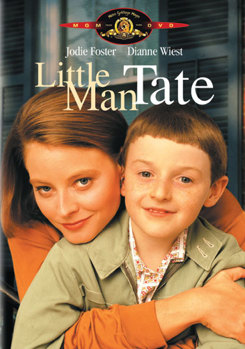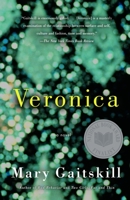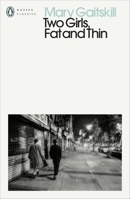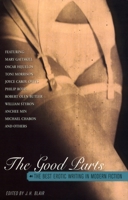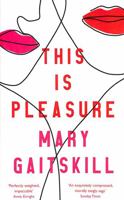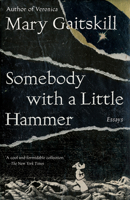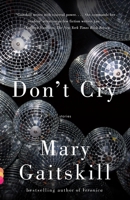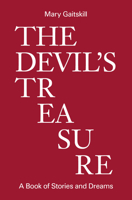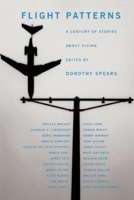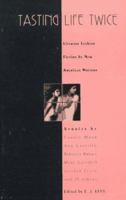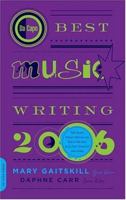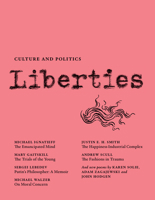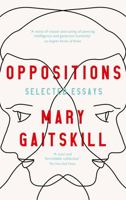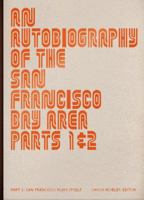Little Man Tate
Select Format
Select Condition 
More by Mary Gaitskill
From short stories like the S&M-tinged ""Secretary"" (the inspiration for the indie film of the same name) to her 2005 National Book Award-nominated novel, Veronica, Mary Gaitskill's words are often etched on a dark canvas -- but still manage to illuminate. ""Ga... Learn More About This Author
Product Description
A single mother lets her boy-genius son move in with a rich woman who teaches the gifted. Directed by Foster.
Format:DVD
Language:English
UPC:027616865724
Release Date:September 2001
Rating:PG (Parental Guidance Suggested)
Publisher:MGM (Video & DVD)
Director:Jodie Foster
Starring:Jodie Foster, Dianne Wiest, Adam Hann-Byrd, Harry Connick Jr., David Pierce, P.J. Ochlan, Debi Mazar, George Plimpton
Runtime:1 hour, 39 minutes
Number of Disks:1
Other Video Info:multiple_formats
Weight:0.27 lbs.
Dimensions:0.5" x 5.5" x 8.0"
Customer Reviews
8 customer ratings | 4 reviews
There are currently no reviews. Be the first to review this work.










